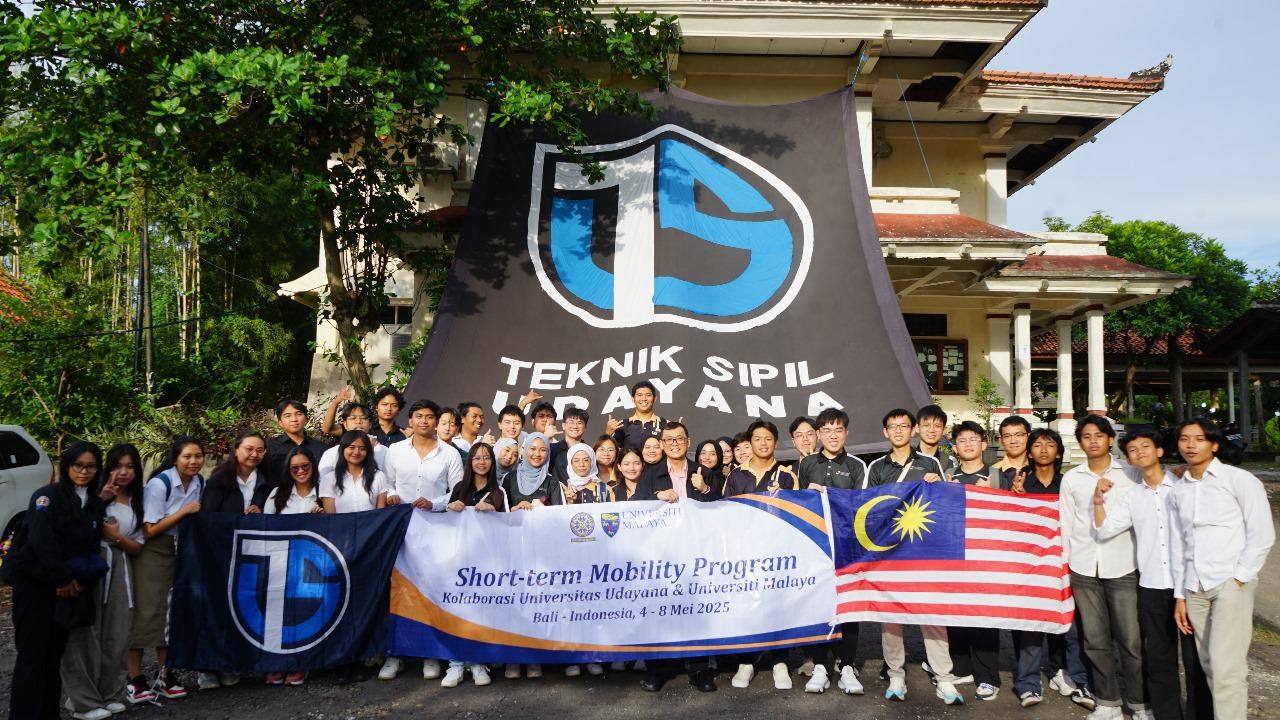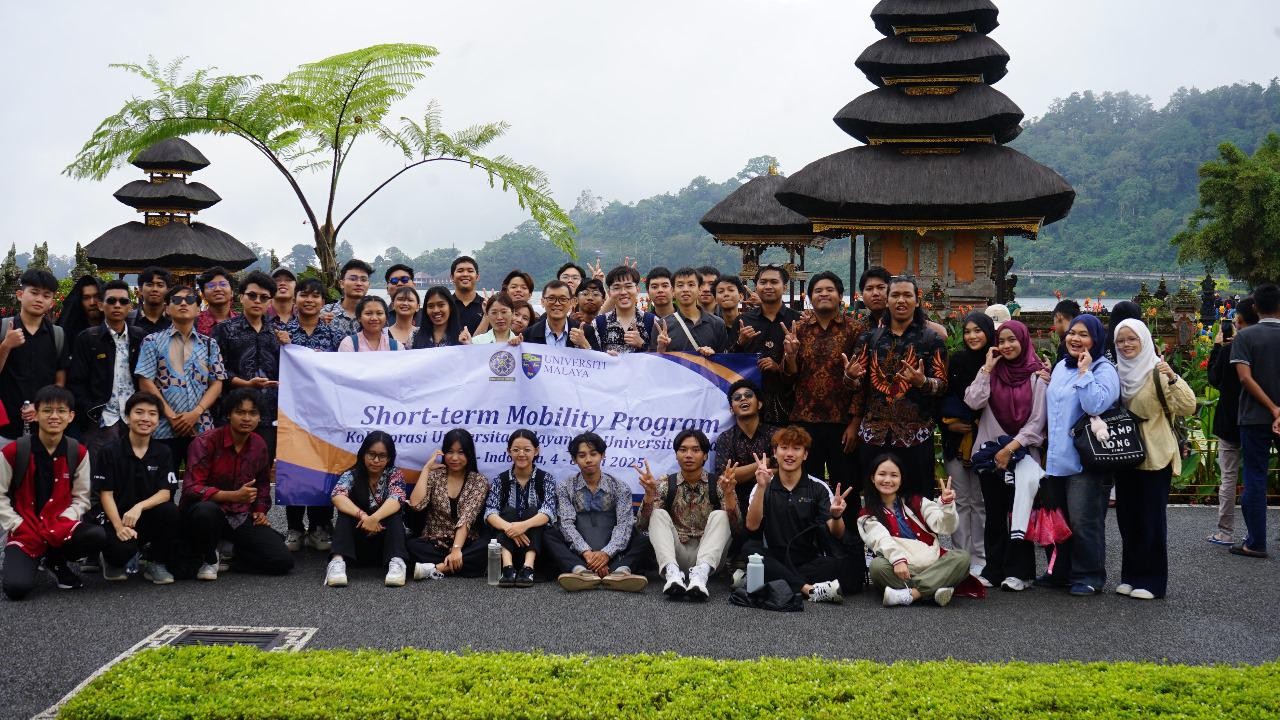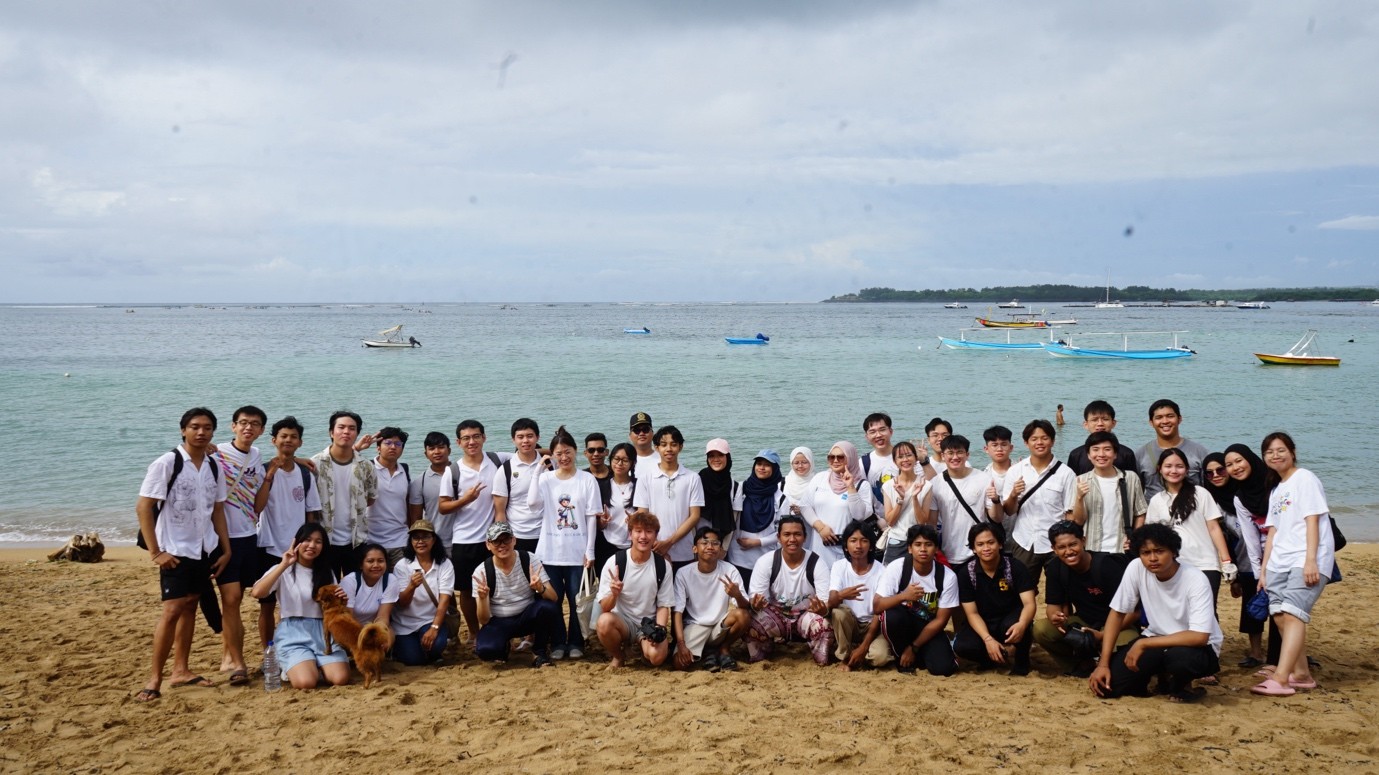History
Civil Engineering Study Program (PS), Department of Civil Engineering, Faculty of Engineering (FT), Udayana University (Unud) was founded in 1968 based on the approval of the Senate of Udayana University. At the beginning of its establishment, all Tri Dharma Higher Education PS Civil Engineering activities were carried out at the Sudirman Denpasar Campus. Following the development of the Udayana University Campus in the late eighties, further activities were centered on the Bukit Jimbaran Campus. In 2002, the Civil Engineering Study Program was accredited by the National Accreditation Board for Higher Education (BAN-PT) with grade A results. However, based on the decision of BAN-PT, Number: 006/BAN-PT/Ak-XII/S1/IV/2009 , the accreditation rating of the Civil Engineering Study Program, Department of Civil Engineering, Faculty of Engineering, Udayana University became B. In the 2014 Accreditation period it was again accredited B, based on the BANS/XI/2014 Decree, dated 15 November 2014, valid until 14 November 2019.
To meet the high interest of the public in the education of the Civil Engineering Undergraduate Program, especially for employees who come from government offices, State-Owned Enterprises and the private sector, based on the Decree of the Director General of Higher Education, Ministry of Education and Culture No. 555/DIKTI/KEP/1997, opened the Non Regular Program. The learning process for the Non-Regular Program is carried out in the afternoon until evening at the Sudirman Denpasar Campus. Subsequently, on March 13, 2003, a permit was issued from the Directorate General of Higher Education in Jakarta number: 485/D/T2003 Regarding: Permit to administer the Civil Engineering Masters Study Program at the Masters Postgraduate level at Udayana University. Thus, the Department of Civil Engineering currently routinely organizes undergraduate (Regular and Non-Regular) and Masters education programs.
The development of infrastructure and facilities at the Bukit Jimbaran Campus developed a lot with the obtaining of grants from the Directorate of Higher Education, Ministry of National Education in the form of the Engineering Education Development Project (EEDP) in 1997-2001. Apart from being aimed at improving the infrastructure and institutional facilities, the EEDP program is also programmed to improve the human resource capabilities of the Civil Engineering Study Program, which includes increasing the education qualifications of lecturers to the Masters and/or Doctoral levels as well as increasing the capabilities of technicians and administrative staff. In addition to the EEDP grant, the Civil Engineering Study Program has also received Semi-QUE V grants in years I and II (2002-2004) and SP4 grants in years I and II (2003-2005). In 2011, they received assistance with lab equipment from the 2011 APBNP Fund, and in 2014, they received assistance with lab equipment from the 2014 APBN.
In carrying out the Tri Dharma of Higher Education activities, currently the Civil Engineering Study Program is supported by teaching staff as of April 2015 as many as 74 lecturers with educational qualifications S1: 2 people, Masters: 48 people S3: 24 people (4 people occupy academic positions as Professors). For learning process activities in the classroom and in the laboratory in the form of research, student practicum and community service, the Civil Engineering Study Program is also supported by 5 technicians, 5 administrative staff, 1 reading room clerk, 2 cleaning service staff, 2 staff Security guard and 1 gardener.
Regarding the Final Project, students can choose the Fields: Structure, Materials, Hydro, Construction Management, Transport, Geotechnical, and Environment.
Every year the Department of Civil Engineering accepts new students from various regions in Indonesia. Acceptance of Regular Program students is carried out through three selection systems: the SNMPTN Path, the SBMPTN Path and the Independent Path. For the Extension Program, selection is carried out with a separate system.
For outstanding Regular Program students, scholarships are available from various sources, both government and private.



FACULTY OF ENGINEERING